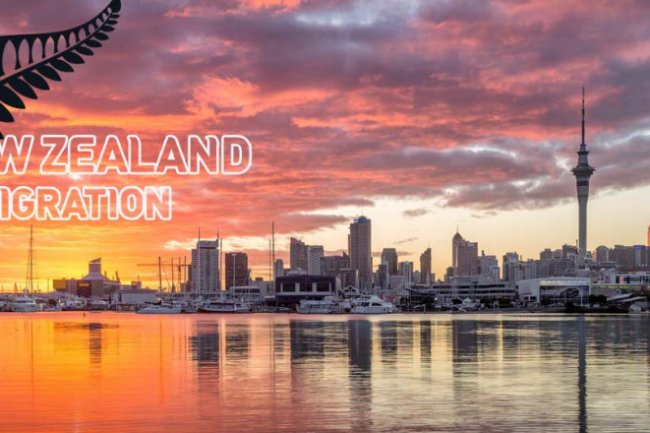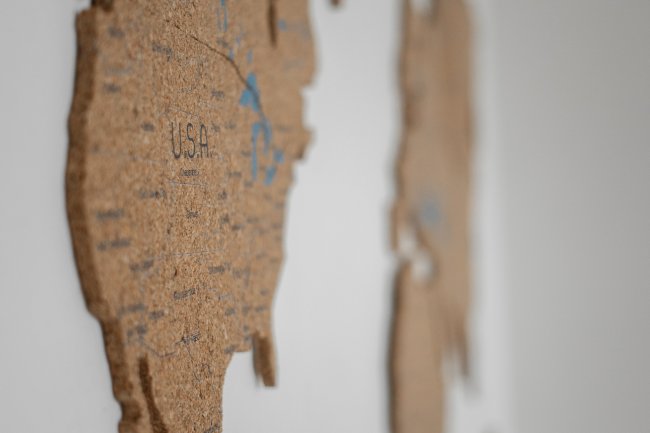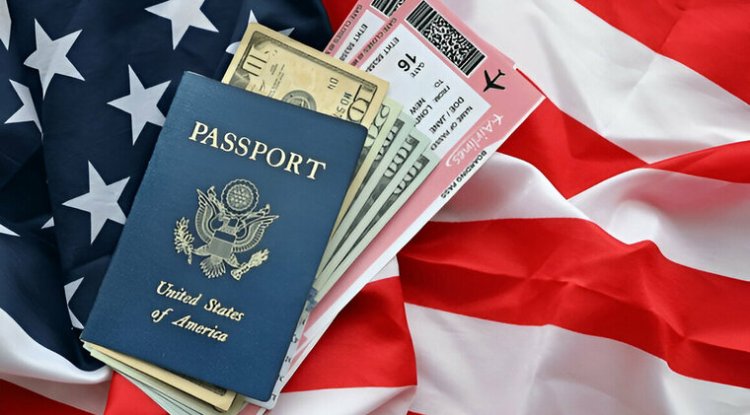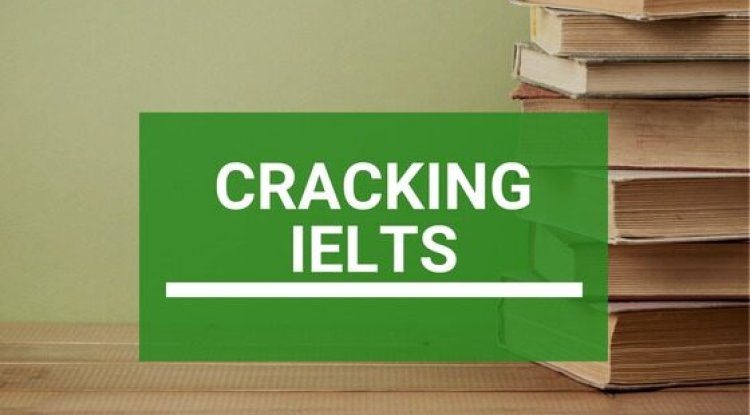Discover why F1 visas get rejected and learn proven strategies to avoid refusals. Boost your U.S. student visa approval chances with ACHIVIA’s expert guidance.
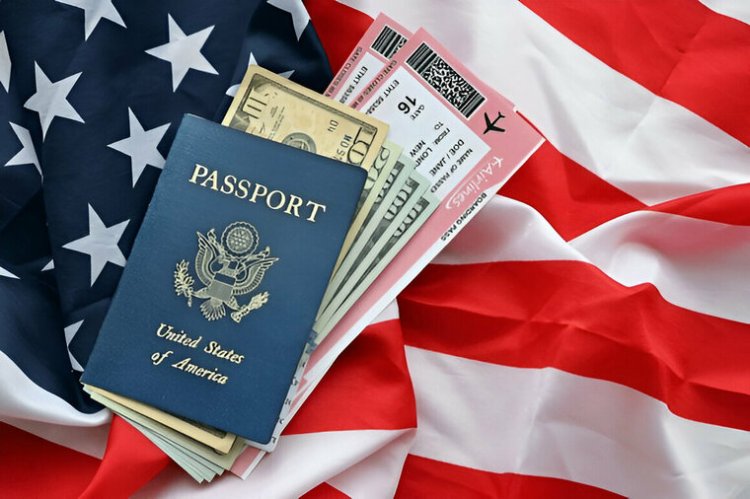
Every year, thousands of international students dream of pursuing higher education in the United States. For most of them, the first step is securing an F1 visa, the official U.S. student visa that allows non-immigrants to study full-time at accredited U.S. colleges and universities. While the F1 visa opens doors to world-class education, many students face visa rejection during their application process.
In this blog, we explain what the F1 visa is, the common reasons for rejection, and practical steps to overcome them to increase your approval chances.
What is an F1 Visa?
The F1 visa is a non-immigrant U.S. student visa that allows individuals who wish to pursue language training programs or academic studies in the United States. It is the most common student visa category for international students.
- It allows students to attend universities, colleges, high schools, conservatories, and language training programs in the U.S.
- F1 visa holders are required to maintain full-time student status.
- Students may also work part-time on campus during their studies and may be eligible to apply for Optional Practical Training (OPT) after graduation.
- The visa is tied to your I-20 form, which is issued by the U.S. institution that has admitted you.
In short, without an F1 visa approval, international students cannot legally study in the USA.
Common Reasons for F1 Visa Rejections
1. Lack of Proof of Financial Stability
- Reason: The U.S. consular officer must be convinced you can pay for tuition, living costs, and other expenses. Weak or inconsistent financial documents can often lead to rejection of an F1 visa.
- How to Overcome:
- Submit clear, verifiable bank statements, scholarship proof, or sanctioned student loans.
- Ensure funds cover at least the first year of tuition and living costs.
2. Weak Ties to Home Country
- Reason: Since the F1 visa is a temporary student visa, you must prove you will return after your studies. Any immigration intent might result in your visa being denied under Section 214(b) of the Immigration and Nationality Act.
- How to Overcome:
- Highlight strong family, property ownership, or career opportunities in your home country.
- Clearly explain how your U.S. degree will be valuable for your career back home.
3. Poor Academic Records or Mismatched Program Choice
- Reason: If your grades do not support your chosen course, or if your selected program seems unrelated to your background, it raises doubts about your genuine student intent.
- How to Overcome:
- Select a course that aligns with your past academic achievements or future career goals.
- Be prepared to explain during the F1 visa interview why you chose this program and university.
Know more about acing the interview with ACHIVIA just by clicking here!
4. Weak F1 Visa Interview Performance
- Reason: The visa interview is one of the most challenging processes. Many candidates fail because of nervousness, inconsistent answers, or memorized responses.
- How to Overcome:
- Practice common F1 visa interview questions like:
- Why do you want to study in the USA?
- Why this university?
- Who will fund your education?
- Be confident, honest, and keep answers short and precise.
5. Incomplete or Incorrect Documentation
- Reason: Missing or incorrect forms like the DS-160, SEVIS fee receipt, or I-20 form can easily result in U.S. student visa refusal.
- How to Overcome:
- Double-check every document before submission.
- Carry originals and photocopies neatly organized for your visa interview.
6. Suspected Immigration Intent
- Reason: If the officer thinks your primary goal is to immigrate rather than study, your visa may be denied under Section 214(b).
- How to Overcome:
- Focus on academic and career goals that connect back to your home country.
- Avoid discussing permanent job plans in the U.S. after graduation.
What to Do If Your F1 Visa Gets Rejected
- Identify the Reason for Rejection:
Carefully read the refusal letter or ask the visa officer for clarification. - Strengthen Your Application:
- Improve financial documentation.
- Prepare better for the F1 visa interview.
- Select a program that closely aligns with your background.
- Reapply Strategically:
You can reapply immediately, but unless you address the issues from your previous attempt, the chances of rejection remain high. - Seek Professional Help:
Many students seek guidance from study abroad advisors or education consultants to strengthen their visa applications. This is where ACHIVIA stands out among study abroad consultancies in Bhubaneswar, offering expert-led tailored solutions designed to maximize your chances of F1 visa approval.
Don’t wait, call us now and build your study abroad dreams!
Tips to Improve Your F1 Visa Approval Chances
- Apply to reputable U.S. universities with a strong record of visa approval.
- Prepare for F1 visa interview questions and answers.
- Keep all student visa documents organized.
- Demonstrate a firm intention to return to your home country.
- Avoid contradictions between your DS-160 form and your interview answers.
Final Insights: Securing Your F1 Visa
An F1 visa rejection is not the end of your U.S. study dream. Most refusals occur due to avoidable issues, such as weak financial documentation, poor performance during the F1 visa interview, or incomplete student visa documents. By understanding the common reasons for U.S. student visa denials and preparing effectively, you can significantly increase your chances of success when reapplying.
Remember: confidence, honesty, and consistency are your biggest strengths during the F1 visa process. With proper preparation, your goal to study in the USA can become a reality.
What's Your Reaction?








